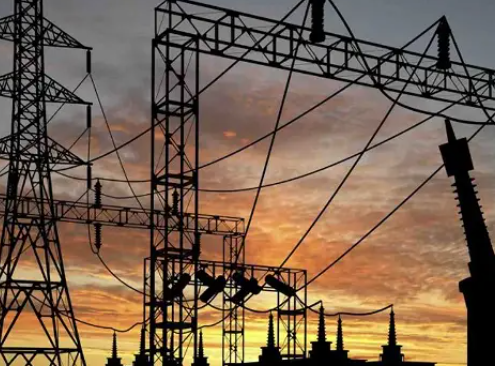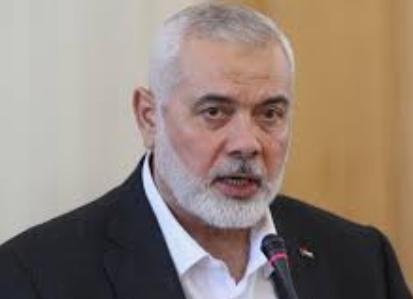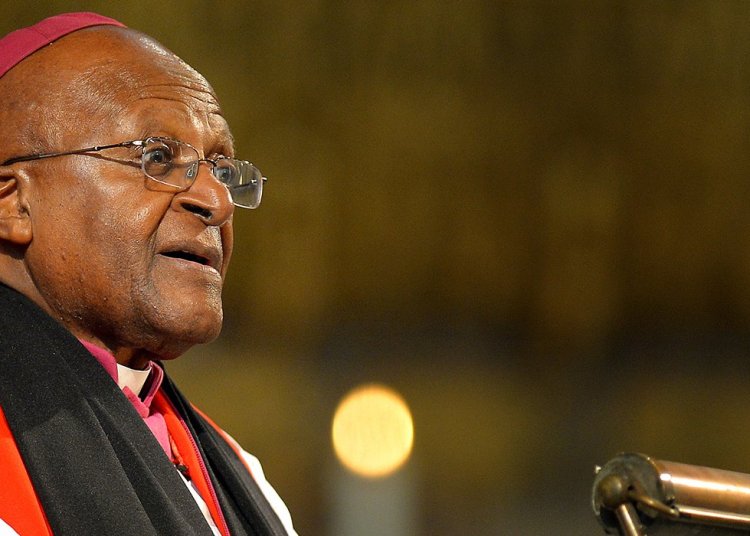One week into the new electricity tariff regime, information flowing from the Nigerian Electricity Regulatory Commission, NERC, has indicated that over 20 percent of consumers categorized as Band A do not have prepaid meters, a major factor in determining actual usage for the purpose of bill settlement.
Consequently, the consumers would be made to pay on estimated billing, a practice largely discredited by both the consumers and the NERC as subject to manipulation and shortchanging of the consumers.
Band A customers are those who enjoy a minimum of 20 hours of electricity daily, and who are supposed to know and control their bills in a transparent process, according to the NERC.
This category of consumers has been subjected to a 230 percent tariff raise in the recently announced tariff structure putting the new rate at N225 per kilowatt-hour, from N68 per kilowatt-hour.
Apparently referencing this challenge, the Vice Chairman, of NERC, Dr Musiliu Oseni, has directed the Electricity Distribution Companies, DisCos, to prioritize the metering of the Band A customers.
Vanguard also learned from industry sources that many DisCos would be unable to deploy the meters immediately as the prepaid meters are not readily available.
Affected consumers, especially small businesses are already contemplating rejection of any estimated bill and are ready to shut down in the event the DisCos disconnect them on account of an unsettled bill.
Meanwhile, indications also emerged yesterday that Organised Labour is planning to present a new minimum wage demand following the recent hike in electricity tariff by the Federal Government, claiming the 300 percent jerk up in electricity tariff has made nonsense of its earlier benchmark wage demand.
The Labour groups under the aegis of Nigeria Labour Congress, NLC, and its Trade Union Congress of Nigeria, TUC, counterpart, had last month presented a joint minimum wage demand to the Tripartite Committee on National Minimum Wage, TCNMW, through the National Salaries, Incomes and Wages Commission, NSIWC, which is the secretariat of the TCNMW.
The joint presentation is contrary to what they (NLC and TUC leaders in the zones) proposed during March 8, 2024, zonal public hearings organized by the Tripartite Committee on National Minimum Wage, TCNMW, across four of the six geo-political zones of the country.
Speaking to Vanguard in confidence yesterday, one of the labor leaders who is a member of TCNMW stated: “The recent hike in electricity tariff has made nonsense of the demand we presented to the National Salaries, Incomes and Wages Commission, which is the secretariat of the minimum wage committee.
“Both centers had met last month to harmonize our different demands as seen during the public hearing and made a joint demand. But with the 300 percent increase in the electricity tariff, our demand is no longer realistic. Therefore, we plan to adjust our demand to accommodate the new tariff hike.
“As you are aware, our demand was based on the socioeconomic indices on the ground at the time we made the demand. But things have changed as typified by the 300 percent hike in the electricity tariff by the government. So, we have to adjust our demand by 300 percent in line with the electricity tariff hike.”
Recall that while the TUC had earlier demanded a uniform figure of N447,000 across the zones, the NLC demanded different figures for each zone of the country with the highest being N850,000.
In the South-West, while leaders of the NLC, proposed N794, 000, those of the TUC proposed N497, 000.
While in the South-East, the NLC said it preferred the new minimum wage to be N540,000, TUC suggested N447,000.
However, South-South workers proposed N850,000, with their North-West counterparts angling for N485,000 minimum wage.
©CDA News Media Limited, Nigeria.





